Consultation on Seacare Permanent Impairment Guidelines
A decision has been taken to remake (rather than reform) the current permanent impairment guide that operates under the Seacare scheme. MIAL’s submission can be found below.
Dear Comcare
Re: Consultation on Seacare Permanent Impairment Guidelines
Thank you for providing Maritime Industry Australia Limited (MIAL) an opportunity to provide input on the remaking of the Seafarers Guide for the assessment of degree of permanent impairment (Guidelines).
MIAL is an industry peak body representing owners, operators and employers in the Australian maritime industry. MIAL’s membership includes a significant number of employers who are covered (or are thought to be covered) by the Seacare scheme, comprising the Seafarers Rehabilitation and Compensation Act 1992 (Seacare Act) and the Occupational Health and Safety (Maritime Industry) Act 1993 (OHSMI).
MIAL notes that a similar consultation process for the remaking of the Guidelines was undertaken in 2021. On that occasion, as MIAL understands it, the guide was closely aligned with the revision that occurred under the Comcare scheme.
MIAL observed that it was disappointing but not surprising that the government was not prepared to dedicate resources to a review of the Guidelines based on the specific circumstances of the Seacare scheme. The proposed new guide was subsequently not adopted and we are now asked to comment on a document that contains largely administrative changes and additional clarifying content rather than any substantive changes to the way impairment will be assessed. If this understanding is not correct, this is not clear on the face of the consultation document and we would ask that the relevant provisions that will effect assessment be specifically highlighted to stakeholders. We understand that the secretariat has subsequently updated the consultation webpage to reflect this, and we thank them for that.
It is clear that under the legislation that the Guidelines themselves are to be made by the Authority if the Authority decides to make it. It is plain that it is not compulsory for the Guidelines to be made or in force, notwithstanding that it may be of assistance when determining impairment under the Act. While MIAL supports the Authority making guidance which assists with efficiently determining rights and liabilities under the Seacare Act, that this review is being undertaken (albeit by Comcare) while reforms to resolve the fundamental issues with the scheme are not being undertaken amounts to a skewed sense of priorities. Piecemeal reforms to supporting instruments does not and cannot rectify a scheme that is currently fundamentally flawed.
In terms of the Guidelines themselves, MIAL notes that they will not result in a fundamental alignment of how impairment is assessed in relation to other workers compensation schemes that operate around the country. MIAL does not fundamentally object to the draft, notwithstanding our understanding that more significant changes have been made in other equivalent guides in other schemes. The MIAL secretariat does not have the benefit of the medical expertise drawn upon in the making of the Guidelines and so can only assume that the reliance on consistency with American Medical Association Guides to the Evaluation of Permanent Impairment, Fifth Edition is appropriate from a contemporary workers compensation scheme perspective.
The Department continues to conduct piecemeal consultation usually based on instruments from within a different scheme. Dedicated consultation for the Seacare scheme appears to be a secondary concern. The Government should accordingly consider the utility of a scheme which covers some 153 ships (with tens of thousands more requiring exemption from the Seacare Authority annually, as a result of coverage uncertainty highlight in Samson v Aucote1) and 3904 employees if it is not prepared to dedicate resources to make it a contemporary scheme, or the scheme is design is inherently incapable of reasonable adoption of contemporary guidance.

